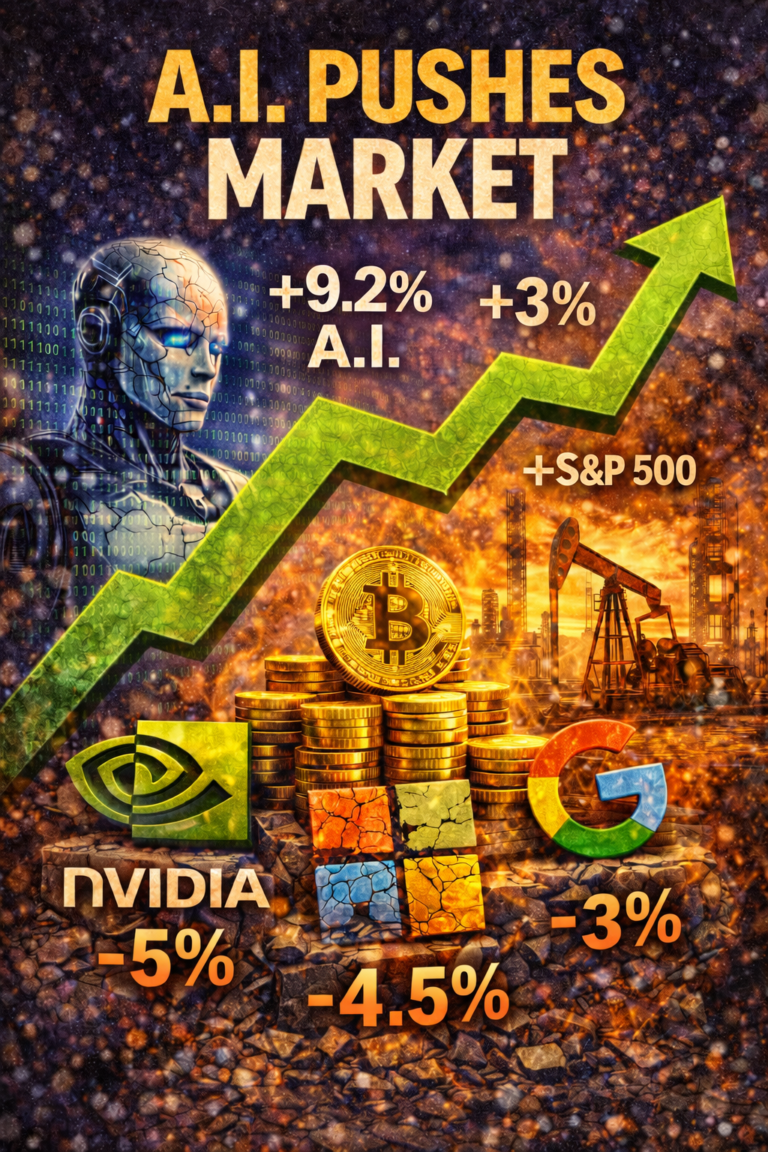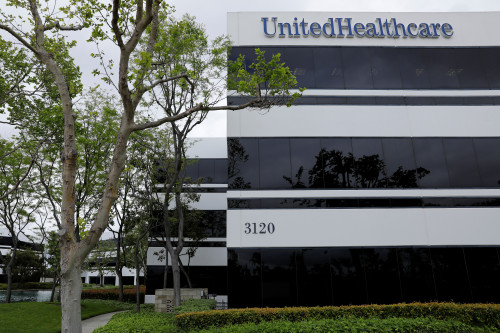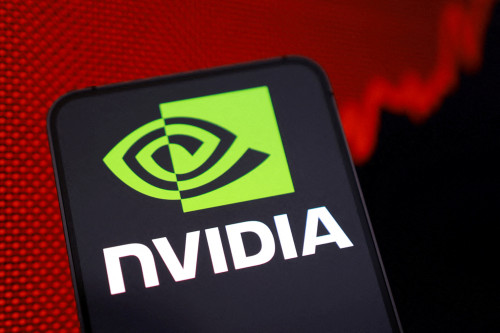
(Justin Vaughn, Editor, Options Trading Report)
The Bull keeps charging on with popular high-techs leading the way! All three indexes, the Dow Jones Industrial Average, the S&P 500 and the heavy tech Nasdaq Composite are cresting new highs weekly. Even the small cap Russell 2000 with value companies is ‘on-the-bandwagon.’ The U.S. investor, and small time consumer want a piece of the exploding techs. The market has been robust with consumer friendly stocks many of which are market leaders, all familiar to ‘new investors.’ Mutual funds, many of which are ‘tech-heavy’ are appealing to and attracting first-time investors. This year alone over $172 billion has flowed into these funds. “The economy is in good shape, labor markets are in good shape and the central banks globally look ready to provide support,” said Micharel Arone, chief investment strategist at State Street Global Advisors. “That’s an attractive backdrop for investing, and it’s the primary reason you’re seeing an increased appetite for everything.”
Earnings numbers were massive for the first quarter with U.S. corporations churning with high efficiency as shown by the S&P 500’s record setting level, up 11% for the year. As the week progresses investors and traders look to Friday’s release of the PCF index (Personal Consumption Expenditures Index) as the Fed holds this component high.
Even after a roller-coaster last week, May has been a bright-light coming off a dismal April, with notable index highs and investor confidence restored. As the fifth month of 2024, May is poised to finish as the best performing month of the year. The Dow Jones Industrial Average topped 40000 last week, and stubborn inflation is showing steady signs of heading down to the Fed’s…2% goal. According to FactSet “corporate profit expectations are positive with analysts predicting a 2025 S&P 500 rise of 14%. The University of Michigan Consumer Sentiment Survey released Friday was contrary, with respondents doubting that inflation is slowing, and that inflation is still impacting the economy.
The shortened week opened flat with the Dow losing 0.1% while the Nasdaq and S&P 500 up 0.6% and 0.1% respectively. The Nasdaq Composite was strongly affected by the massive earnings announced by Nivdia (up 130% for the year) and the prospects for the entire industry. “Overall investors are ‘digesting what was a pretty good earnings season.’ Companies have also announced buy-backs or increased dividends, which “reflects confidence on the part of companies that their financial situation is strong and going to continue to be strong,” said Ed Clissold, chief U.S.strategist at Ned Davis Research. Stocks weakened Wednesday and Treasury yields edged higher with all three indexes down, the day was flat. Yields on the 10-year were near 4.6%, a hint the equities market was soft. The heartbeat and pulse of the market, the S&P 500 was off 0.7% as all 11 categories were lower. The Nasdaq fell 0.6% as the Magnificent 7 and trailers struggled to stay above water. And the Dow Jones Industrial suffered for the third day in a row, off 1.1% dropping 411.32 points. The 10-year Treasury again lurched upward to close at 4.623%. “We’re definitely seeing a risk-off day in the stock market and that’s being led by what’s happening in the bond market,” said Chris Zaccarelli, chief investment officer for Independent Advisor Alliance. Thursday’s market followed Wednesday’s lethargic showing. The Dow Jones was off again 350 points, falling over 750 points in two days. The same old story; inflation’s lingering concerns and how the Fed handles future rate cuts.
RUMBLINGS ON THE STREET
Nancy Tengler, chief executive officer and chief investment officer of Laffer Tengler Investments, WSJ “If the Fed stays higher for longer, that doesn’t necessarily mean that stocks won’t continue to perform. I do believe we’re in a bull market and I think it’s pretty early.”
Michael Lorizio, senior fixed-income trader at Manulife Investment Management, WSJ “The curve inversion, especially earlier on in the cycle, played a major role in the psyche for investors,” he said. ‘But I do think now this has become kind of the new normal.”
Sarah Bianchi, chief strategist of international political affairs and public policy for Evercore ISI who served as deputy U.S. Trade Representative from 2021 to 2024, Barron’s “Just the proposition (of 60% tariffs) is so extreme that even if it doesn’t end up a policy in its own right, it could still rattle markets as investors examine what that means as the opening salvo on trade discussions with China.”
Sameer Samat, Google Executive, Barron’s “This next era of AI is a profound opportunity to make smart phones truly great.”



